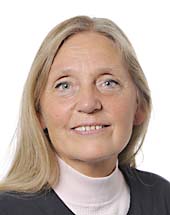
Choisissez la langue de votre document :
- bg - български
- es - español
- cs - čeština
- da - dansk
- de - Deutsch
- et - eesti keel
- el - ελληνικά
- en - English
- fr - français
- ga - Gaeilge
- hr - hrvatski
- it - italiano
- lv - latviešu valoda
- lt - lietuvių kalba
- hu - magyar
- mt - Malti
- nl - Nederlands
- pl - polski
- pt - português
- ro - română
- sk - slovenčina
- sl - slovenščina
- fi - suomi
- sv - svenska
|
| Procédure : 2011/0428(COD) |
| Cycle relatif au document : A7-0294/2012 | ||||||
Textes déposés : A7-0294/2012 | Débats : PV 21/11/2013 - 3CRE 21/11/2013 - 3 | Votes : PV 21/11/2013 - 8.8Explications de votes | Textes adoptés : P7_TA(2013)0507 | |||
| Compte rendu in extenso des débats | |
| Jeudi 21 novembre 2013 - Strasbourg | Edition révisée |
|
| Avis juridique - Politique de confidentialité |























